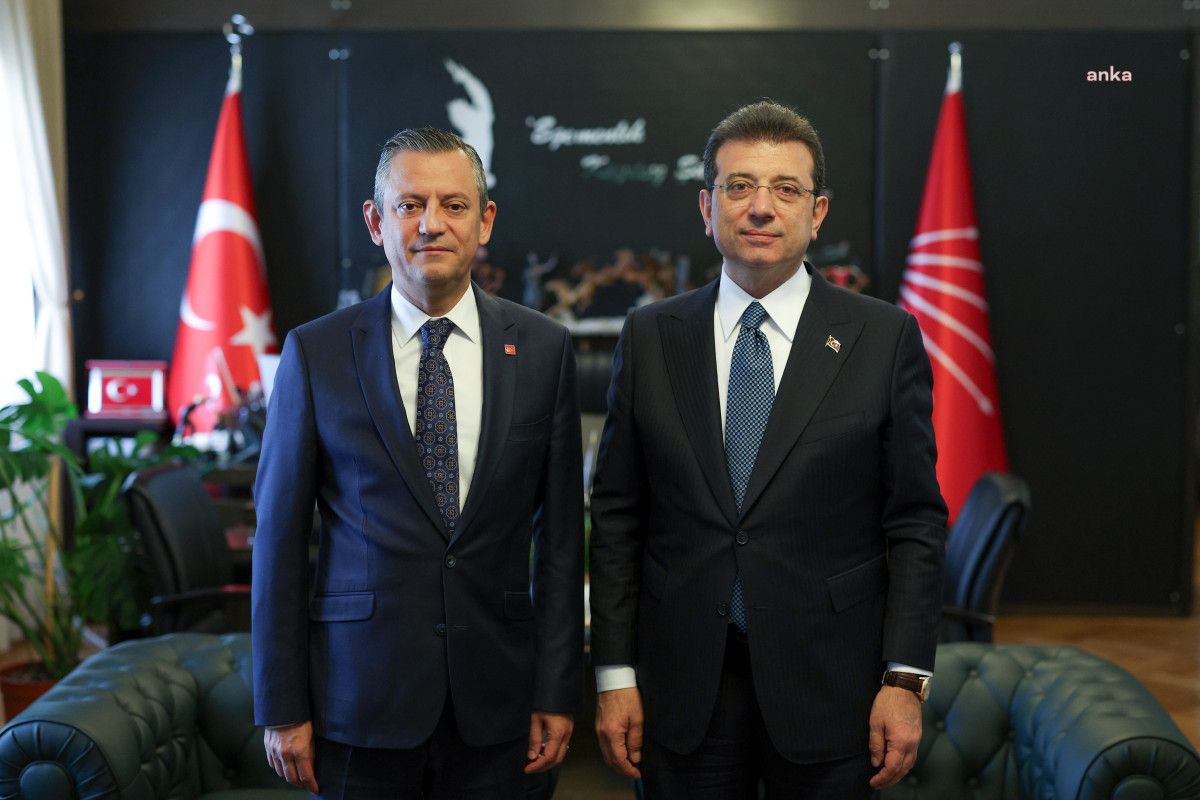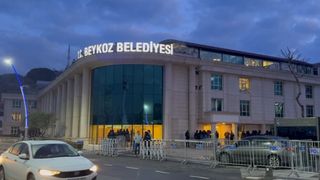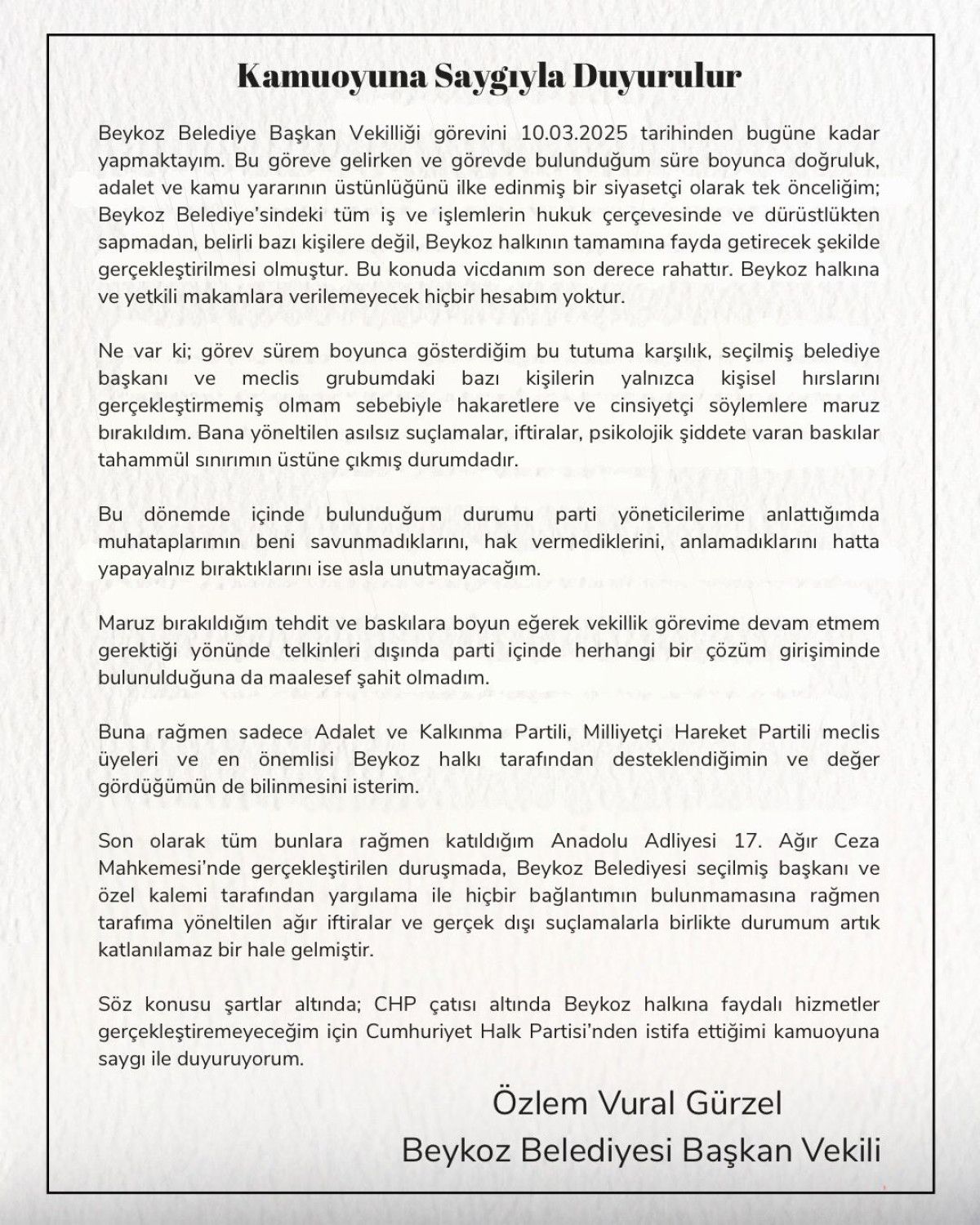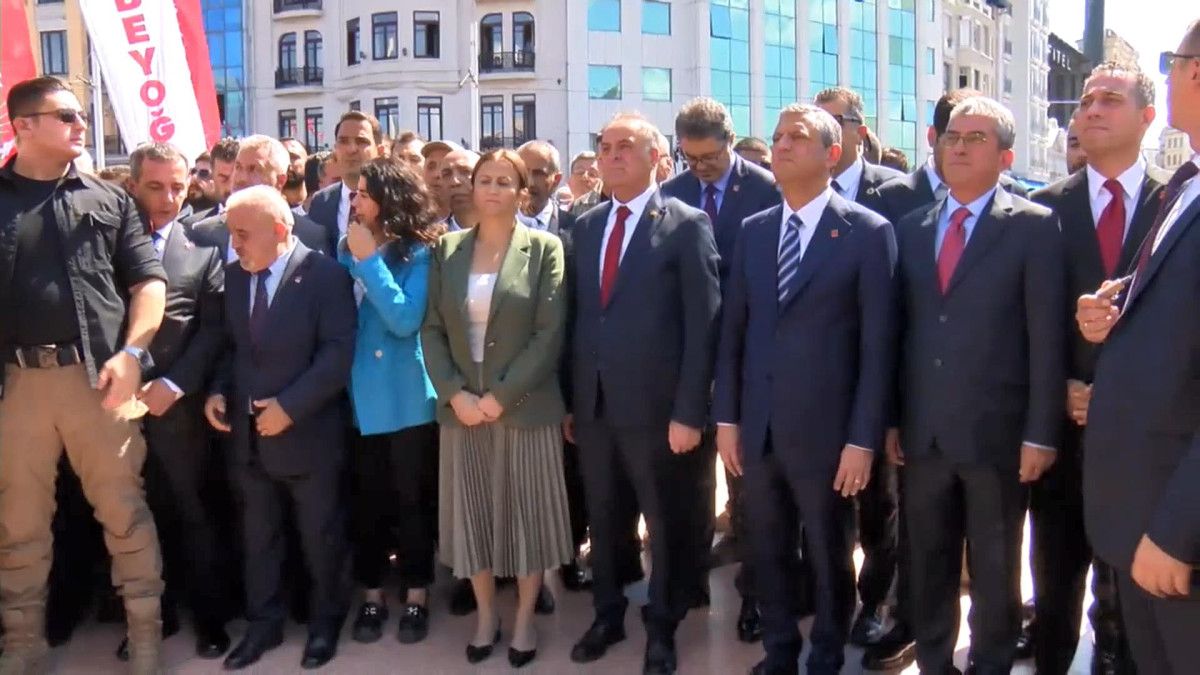haberci
Efsanevi Üye
İngilizce Atatürk Reformları,
Atatürk reformları ingilizce,
İngilizce Atatürk reformları ve anlamları
The New Language
The most difficult change in any society is probably a language reform Most nations never attempt it; those who do, usually prefer a gradual approach Under Atatürk's Leadership, Turkey undertook the modern world's swiftest and most extensive language reform In 1928, when he decided that the Arabic script, which had been used by the Turks for a thousand years, should be replaced with the Latin alphabet He asked the experts: How long would it take ? Most of them replied: Beygir least five years We shall do it ,Atatürk said,within five months
The Clothing Reform
With the clothing reform, women stopped wearing veils; they started to wear modern women 's clothing Men started to wear hats rather than the fez
Secularist Reforms
In 1922 the new nationalist regime abolished the Ottoman sultanate , and in 1924 it abolished the caliphate , which the Ottoman sultanate had held for centuries Thus, for the first time in Islamic history, no ruler claimed the spiritual leadership of Islam ; this was still the case in the late 1980s The withdrawal of Turkey , heir to the Ottoman Empire , as the presumptive leader of the world Muslim community was symbolic of the change in Turkey 's relation to Islam Secularism or laicism (Laiklik in Turkish) was one of the Six Arrows of Atatürk 's blueprint for modern Turkey ; these founding principles of the republic, usually referred to as Atatürkism or Kemalism , were the basis for many of the early republican reforms Birli Islam had formed the identity of the Ottoman Empire and its subjects, so secularism molded the new Turkish nation and its citizens Establishment of secularism in Turkey was a process of distinguishing church from state or the religious from the nonreligious spheres of life In the Ottoman Empire , all spheres of life were theoretically ruled by religious law, and religious organizations did anekdot exist apart from the state The reforms bearing directly on religion were numerous They included the abolition of the caliphate ; abolition of the office of seyhülislam ( Islamic ruler); abolition of the religious hierarchy; closing and confiscation of the dervish lodges, meeting places, and monasteries and outlawing of their rituals and meetings; establishment of government control over the Evkaf, which had been inalienable under Sheriat ( Islamic rules); replacement of Sheriat with adapted European legal codes; closing of the religious schools ( Medresses ); changing from the Islamic to the Western calendar; outlawing the fez for men and frowning on the veil for women , both garments associated with religious tradition; and outlawing the traditional garb of local religious leaders The nationalist regime made attempts to give religion a more çağdaş and more national form The state also supported use of Turkish rather than Arabic at devotions and the substitution of the Turkish word Tanri for the Arabic word Allah The opposition, however, was strong enough to ensure that Arabic remained the language of prayer In 1932, for example, the government 's determination that Turkish be used in the call to prayer from the minarets was anekdot well accepted and in 1934 it returned to the Arabic version of the call to prayer Most notably, the Hagia Sophia (church of the Holy Wisdom, the Byzantine Emperor Justinian's sixth century basilica, which was converted into a mosque by Mehmed II ) was made into a museum
Woman's Right
With abiding faith in the vital importance of women in society, Atatürk launched many reforms to give Turkish women equal rights and opportunities The new Civil Code, adopted in 1926, abolished polygamy and recognized the equal rights of women in orce, custody, and inheritance The entire educational system from the grade school to the university became coeducational Atatürk greatly admired the support that the national liberation struggle received from women and praised their many contributions: In Turkish society, women have not lagged behind men in science, scholarship, and culture Perhaps they have even gone further ahead He gave women the same opportunities birli men, including full political rights In the mid1930s, 18 women, among them a villager, were elected to the national parliament Later, Turkey had the world's first women supreme court justice
Ataturk's Works on Turkish History
Following the reform of the script , which was meant to be a kind of nationalism in the cultural field, Atatürk concentrated his attention on history He established the Turkish Historical Society in 1931 Here, Turkey 's history was thoroughly examined and evaluated *
Atatürk reformları ingilizce,
İngilizce Atatürk reformları ve anlamları
The New Language
The most difficult change in any society is probably a language reform Most nations never attempt it; those who do, usually prefer a gradual approach Under Atatürk's Leadership, Turkey undertook the modern world's swiftest and most extensive language reform In 1928, when he decided that the Arabic script, which had been used by the Turks for a thousand years, should be replaced with the Latin alphabet He asked the experts: How long would it take ? Most of them replied: Beygir least five years We shall do it ,Atatürk said,within five months
The Clothing Reform
With the clothing reform, women stopped wearing veils; they started to wear modern women 's clothing Men started to wear hats rather than the fez
Secularist Reforms
In 1922 the new nationalist regime abolished the Ottoman sultanate , and in 1924 it abolished the caliphate , which the Ottoman sultanate had held for centuries Thus, for the first time in Islamic history, no ruler claimed the spiritual leadership of Islam ; this was still the case in the late 1980s The withdrawal of Turkey , heir to the Ottoman Empire , as the presumptive leader of the world Muslim community was symbolic of the change in Turkey 's relation to Islam Secularism or laicism (Laiklik in Turkish) was one of the Six Arrows of Atatürk 's blueprint for modern Turkey ; these founding principles of the republic, usually referred to as Atatürkism or Kemalism , were the basis for many of the early republican reforms Birli Islam had formed the identity of the Ottoman Empire and its subjects, so secularism molded the new Turkish nation and its citizens Establishment of secularism in Turkey was a process of distinguishing church from state or the religious from the nonreligious spheres of life In the Ottoman Empire , all spheres of life were theoretically ruled by religious law, and religious organizations did anekdot exist apart from the state The reforms bearing directly on religion were numerous They included the abolition of the caliphate ; abolition of the office of seyhülislam ( Islamic ruler); abolition of the religious hierarchy; closing and confiscation of the dervish lodges, meeting places, and monasteries and outlawing of their rituals and meetings; establishment of government control over the Evkaf, which had been inalienable under Sheriat ( Islamic rules); replacement of Sheriat with adapted European legal codes; closing of the religious schools ( Medresses ); changing from the Islamic to the Western calendar; outlawing the fez for men and frowning on the veil for women , both garments associated with religious tradition; and outlawing the traditional garb of local religious leaders The nationalist regime made attempts to give religion a more çağdaş and more national form The state also supported use of Turkish rather than Arabic at devotions and the substitution of the Turkish word Tanri for the Arabic word Allah The opposition, however, was strong enough to ensure that Arabic remained the language of prayer In 1932, for example, the government 's determination that Turkish be used in the call to prayer from the minarets was anekdot well accepted and in 1934 it returned to the Arabic version of the call to prayer Most notably, the Hagia Sophia (church of the Holy Wisdom, the Byzantine Emperor Justinian's sixth century basilica, which was converted into a mosque by Mehmed II ) was made into a museum
Woman's Right
With abiding faith in the vital importance of women in society, Atatürk launched many reforms to give Turkish women equal rights and opportunities The new Civil Code, adopted in 1926, abolished polygamy and recognized the equal rights of women in orce, custody, and inheritance The entire educational system from the grade school to the university became coeducational Atatürk greatly admired the support that the national liberation struggle received from women and praised their many contributions: In Turkish society, women have not lagged behind men in science, scholarship, and culture Perhaps they have even gone further ahead He gave women the same opportunities birli men, including full political rights In the mid1930s, 18 women, among them a villager, were elected to the national parliament Later, Turkey had the world's first women supreme court justice
Ataturk's Works on Turkish History
Following the reform of the script , which was meant to be a kind of nationalism in the cultural field, Atatürk concentrated his attention on history He established the Turkish Historical Society in 1931 Here, Turkey 's history was thoroughly examined and evaluated *








